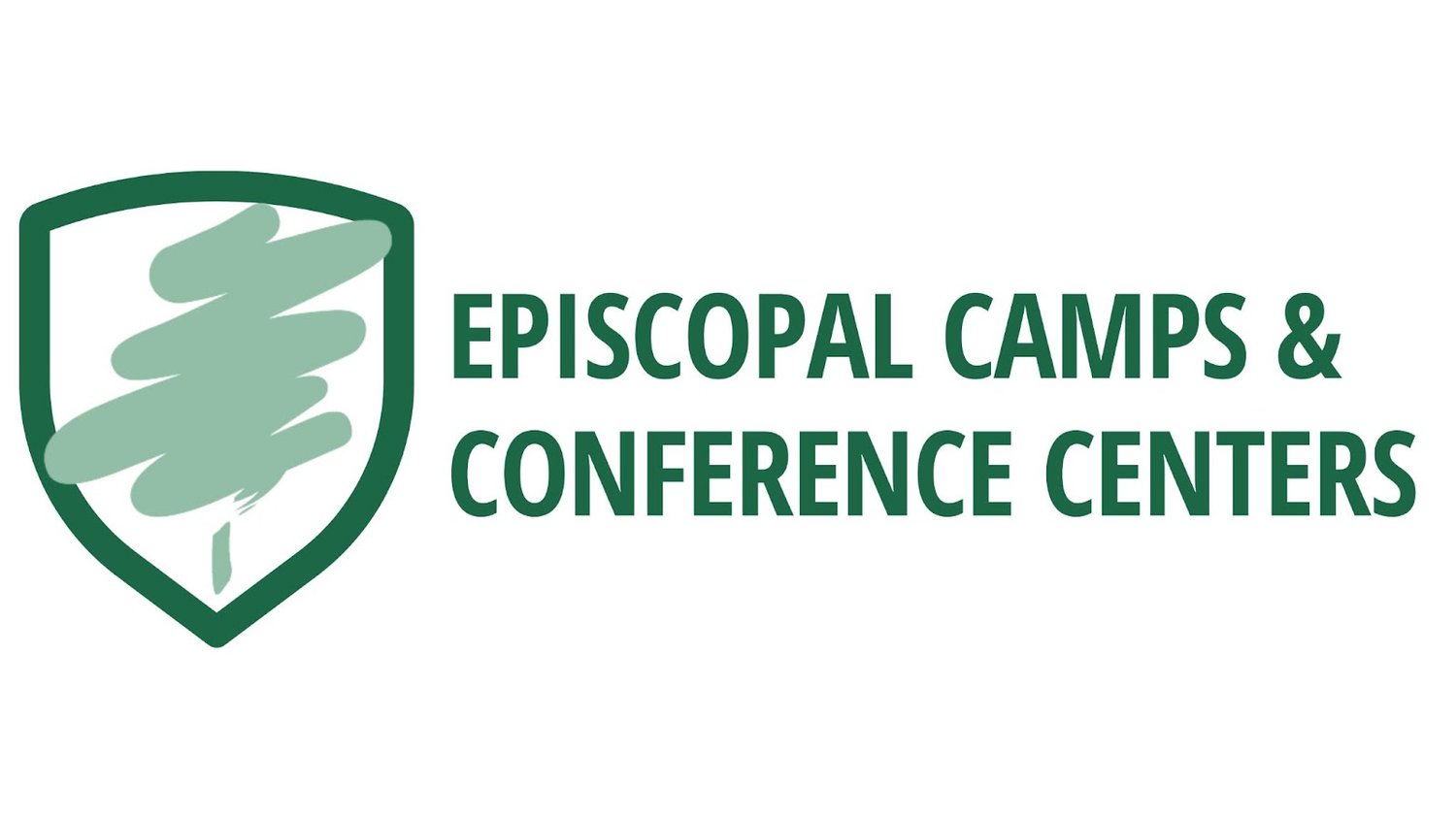The Case For Checking Our Ego Blind Spots
I have an unhealthy habit of reading internet comments. Not engaging, just reading. I don’t know why I do it (probably has something to do with human nature’s tendency to watch horrors like train wrecks or reality television), but I do know that it’s one of my most self-destructive habits.
It’s also an enlightening, albeit exhausting, experience. In the wake of every tragedy, human rights violation, and political embarrassment, I watch as people’s egos come out to play online.
I see egos rampaging in comments like “not all men” or “all lives matter” or “there’s good people on both sides”. I like to hope that the majority of these comments don’t come from a source of real hatred, although in every case, the same insidious issue is at play. Our ego has blind spots, and we don’t always take the responsibility to check them. And that hurts everyone—including ourselves.
So, inspired by this exploration of ego blind spots and this essay on limiting beliefs, let’s explore what it means to have a blind spot, why egos thrive on the internet, and how we can be more responsible with managing our ego response.
Continue reading.
